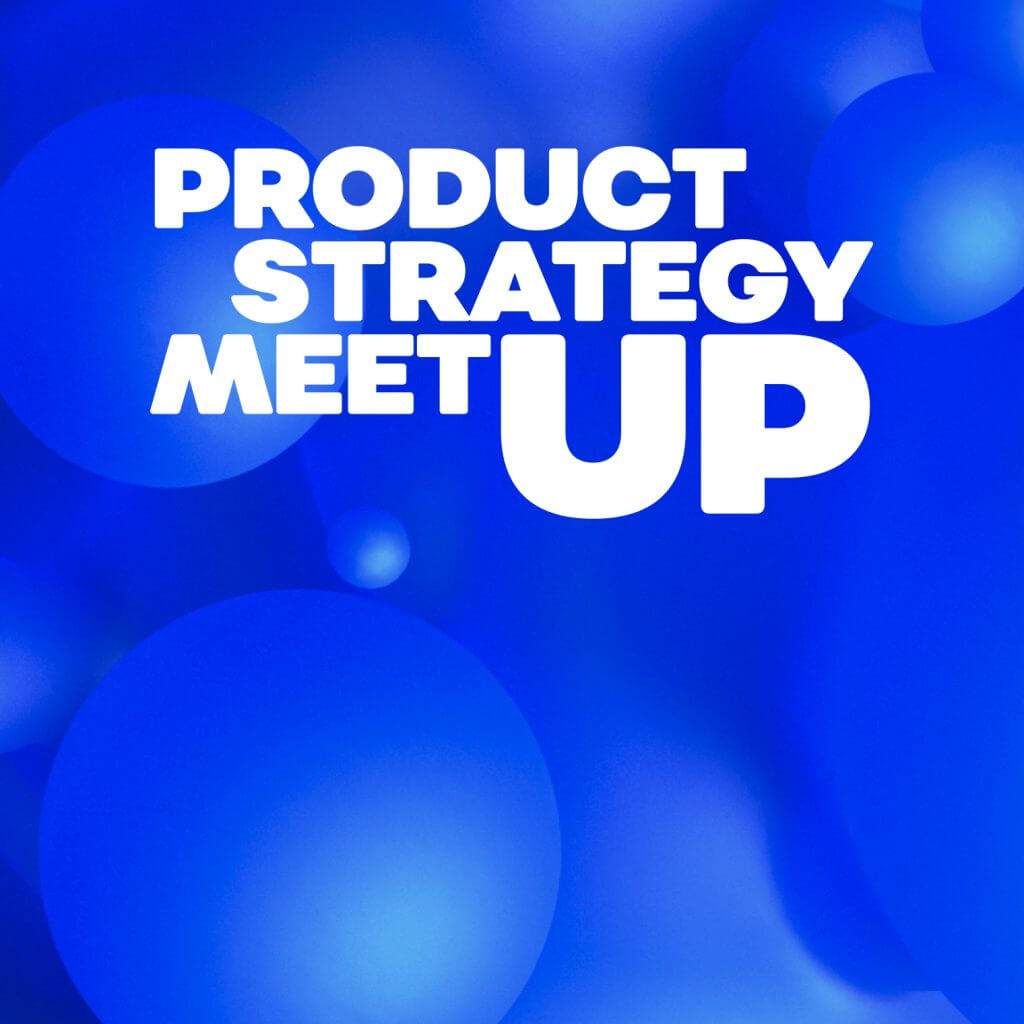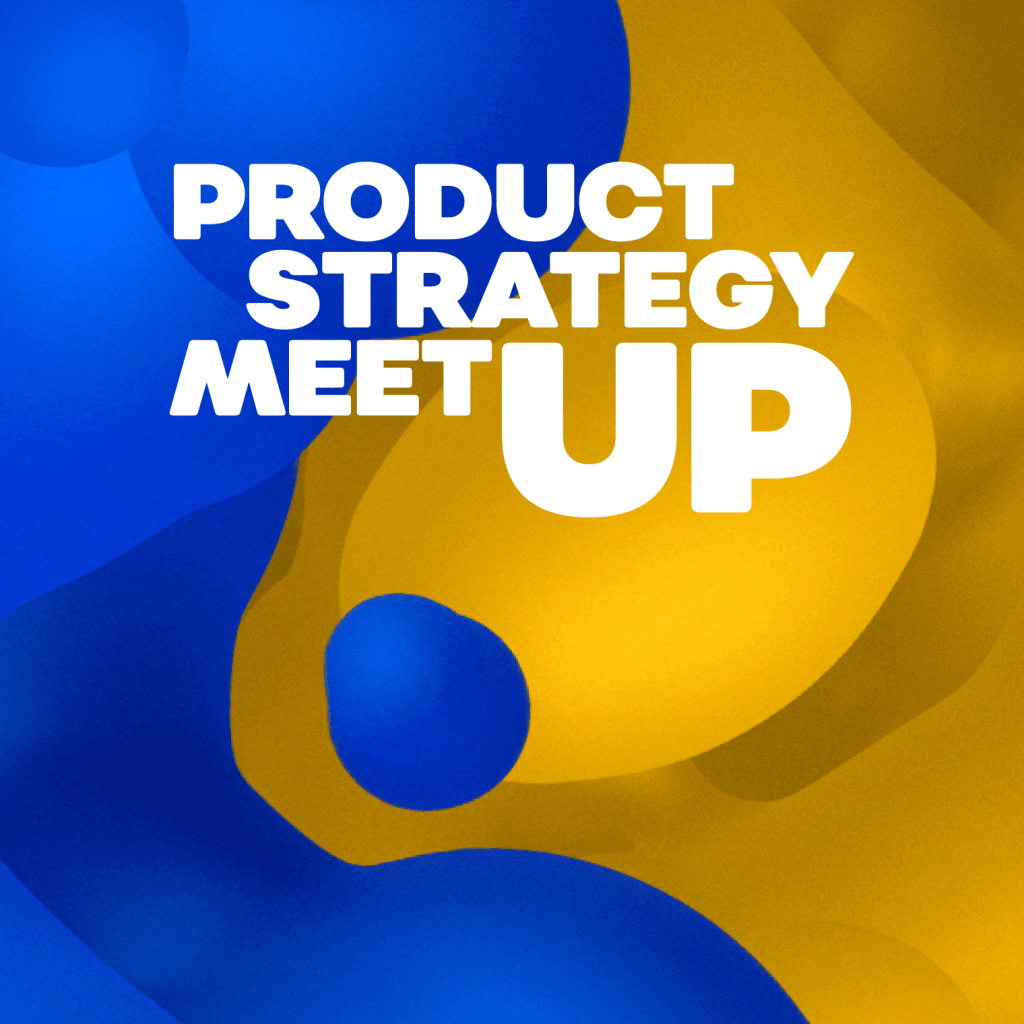This approach ensures that businesses can address unique needs effectively, maintain a competitive edge, and adapt to changes — all while benefiting from quicker implementation, cost-effectiveness, and proven reliability.
The synergy between custom application development and standardisation optimises processes, fosters innovation, and creates a software landscape where every tailored touch enhances overall efficiency, effectiveness, and customer satisfaction. Let's explore this in more detail.
Software Product Definition: Customised and Standard Software Products
At the heart of every software product development journey lies a fundamental decision: should it be customised to fit the unique contours of a particular business or industry, or should it be standardised?
Customised software product types, as the term suggests, are tailored to address the specific requirements of individual businesses. This bespoke approach involves creating software that aligns seamlessly with existing workflows and operational nuances.
On the other hand, standard software products are pre-built solutions that cater to a broader audience. They come with a set of predefined features and functionalities, aiming to meet common needs across multiple businesses.

Software Product Attributes: Customised
Customisation thrives on adaptability. It grants the flexibility to design software that directly addresses the distinct pain points and challenges of a business and its customers. This adaptability extends to the user interface, integration capabilities, and even the underlying architecture.
With customised software, businesses can maintain their unique workflows, often leading to higher operational efficiency. However, customisation can also entail a longer development cycle, potentially increased costs, and ongoing maintenance complexities.
Software Product Attributes: Standardised
Standard software products embrace the efficiency of one-size-fits-many. They offer a quicker implementation timeline and often come at a lower upfront cost. Since they have been tried and tested across various scenarios, they tend to offer a level of reliability and stability.
However, standard solutions might require businesses to change their processes to fit the software's predefined features, which could hinder innovation or dampen a business's competitive edge in the market.
The Pros and Cons of Each Approach
Customised Software Products
Pros:
- Precision Advantage: The hallmark of customised software lies in its precision engineering. Every feature, every function, and every process is purpose-built to align perfectly with your business needs.
- Competitive Edge: In an era where differentiation is key, customisation sets your business apart. It reflects your commitment to tailor-made solutions, potentially becoming a unique selling point.
- Flexibility: As your business evolves, your software can grow with it. Customised software is adaptable, offering the potential to scale and incorporate changes seamlessly.
Cons:
- Time: The development process can be more time-consuming and resource-intensive.
- Maintenance Complexities: The more customised your software, the more intricate its maintenance can become. This might necessitate specialised skills and resources.
Standard Software Products
Pros:
- Speedy Implementation: Standard solutions come ready to deploy. With predefined features, their implementation can be significantly quicker.
- Cost-Effective: Standard software often has a lower upfront cost, making it appealing for businesses with budget constraints.
- Proven Track Record: These solutions have been used by numerous businesses, implying a certain level of reliability, security, and performance.
Cons:
- Fit and Flexibility: Standard software might not perfectly align with your business processes, potentially requiring you to adapt your workflows to the software.
- Generic Solutions: Universality can sometimes mean compromising on unique business needs, limiting innovation.

Customised or Standard Software Types—Which Is Right for Me?
Making the decision between customised and standard software product design depends on your business's unique circumstances.
Consider the following questions:
- Understanding Your Workflows: Which aspects of my operations require software tailored to specific workflows?
- Assessing Competitive Edge: Is having a customised software solution a key factor in gaining an edge over competitors?
- Factoring in Flexibility: Will my business benefit from software that can evolve alongside my changing needs?
- Core vs Common Tasks: Which processes are unique to my business and demand a tailor-made solution, and which ones can be addressed efficiently with standardised software?
- Innovation and Creativity: Will customised software empower me to innovate and implement creative solutions in my industry?
- Reliability and Time-to-Value: Is a fast deployment more important to me than having software tailored to my exact needs?
- Long-Term Maintenance: Can my team handle the potential complexities of maintaining a customised solution, or is a standardised one more sustainable?
- Customer Experience: How will the software choice affect the quality of service I can offer my customers?
Mixing Both Approaches
For many, the best approach is to blend the best of both worlds. Start by identifying the core processes that differentiate your business and warrant a personalised touch. These areas can benefit from customisation. However, there are also components of your software that might not require a bespoke solution. These can be efficiently addressed by standardised elements.
Consider adopting a modular design for your software. This means dividing your software into modules—some customised and others standardised. This approach allows for updates and changes to specific modules without disrupting the entire system.
Communication with your software development partner is paramount. Clearly communicate your business's unique selling points and operational intricacies. This will ensure that the customised parts of your software are tailored to your exact needs. Simultaneously, the standardised modules can remain aligned with your evolving business requirements.
Developing software products is no longer a binary choice between customisation and standardisation. It's an amalgamation of both, creating a new path forward. The balance you strike is what sets the stage for delivering maximum customer value.
Related Insights
















